A new history textbook – written by Vladimir Medinsky, an adviser to President Putin, for 11th grade students – presented the Hungarian Revolution of 1956 as a fascist uprising, Magyar Nemzet reported in a previous article. The book includes two paragraphs on the Hungarian Revolution and Freedom Fight of 1956, which was crushed by Soviet troops. The textbook says that "the Hungarian crisis was catalyzed by the actions of Western secret services and the internal opposition they supported. The Soviet Union sent troops to Hungary and helped the Hungarian authorities to suppress the protests." The Russian textbook, illustrated with a photo of a toppled statue of Stalin, portrays 1956 as a fascist uprising and describes the Soviet withdrawal from Hungary in 1990 as a mistake. In a statement, Tamas Menczer, state secretary for bilateral relations at the foreign affairs ministry, said
in 1956, the Hungarian people rebelled against the communist dictatorship, and this is a clear, unquestionable fact, not a matter of debate. All claims to the contrary are false. What has happened is so clear that we refuse to open a debate with anyone about this.
The Russian embassy in Budapest reacted to the issue on Facebook today, saying that "unfortunately, the criticism leveled against us is based on an article published by a Hungarian news portal that used - perhaps intentionally, perhaps unknowingly - the information and political narrative provided by the Latvia-based Meduza media outlet. The Latvian news outlet engages in the production and circulation of anti-Russia fake news and Russia rightfully classifies it as a foreign agent. This material, in particular, contains an assessment of the 1956 events in Hungary taken out of context, deliberately presenting Russia's position negatively."
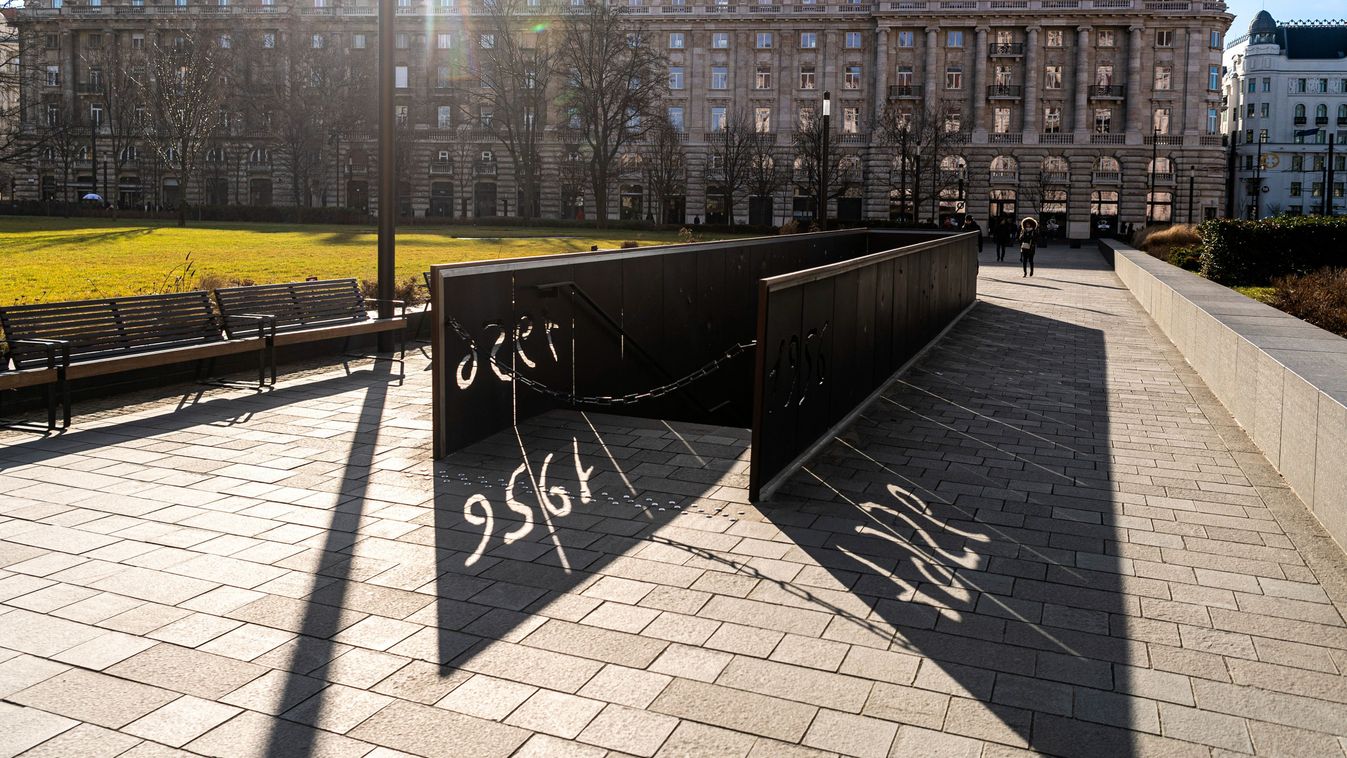





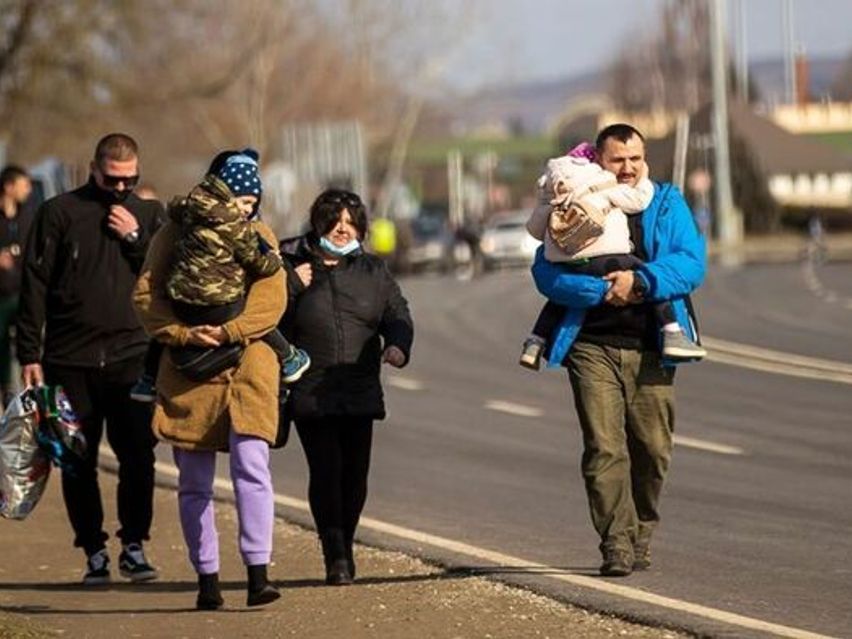


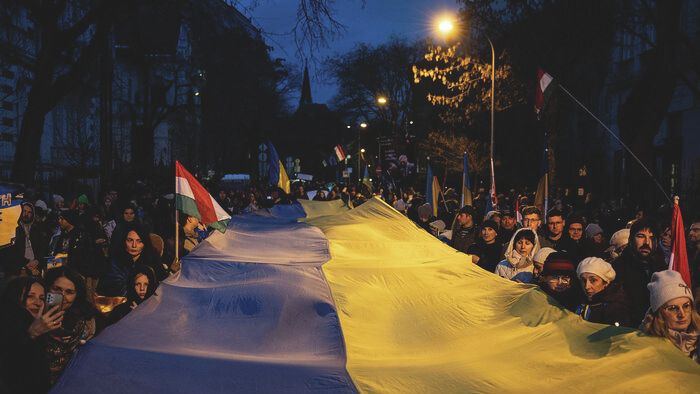

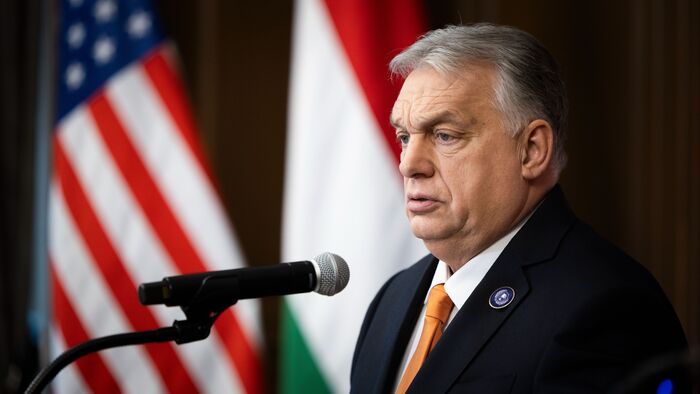

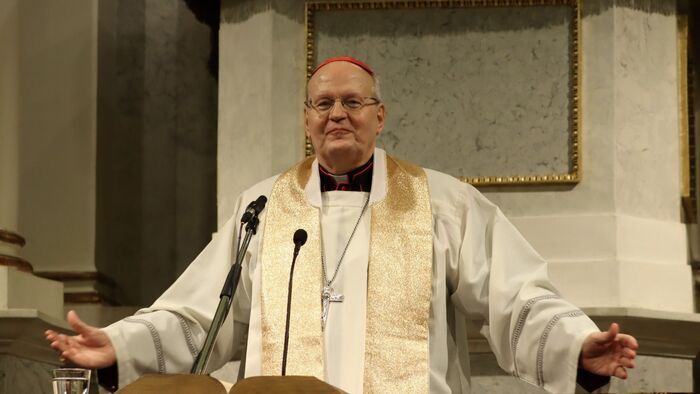



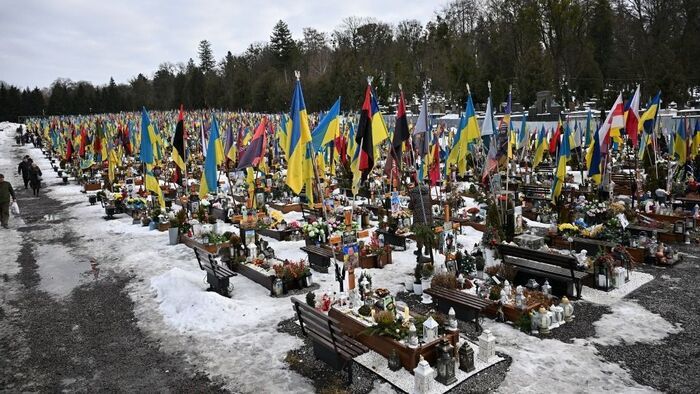


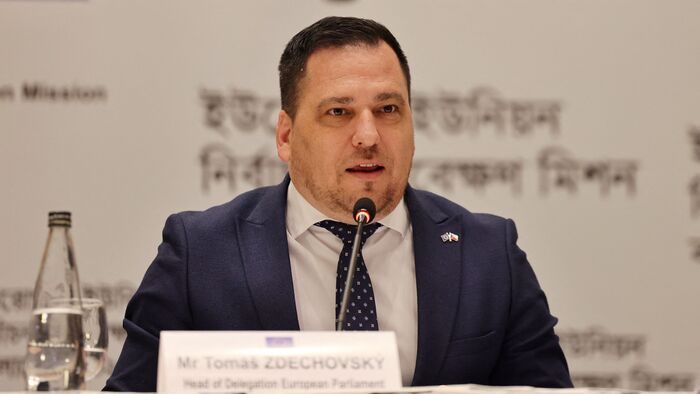
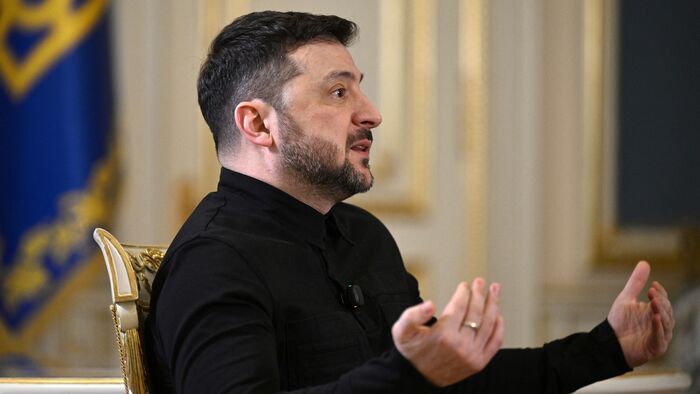

Szóljon hozzá!
Jelenleg csak a hozzászólások egy kis részét látja. Hozzászóláshoz és a további kommentek megtekintéséhez lépjen be, vagy regisztráljon!